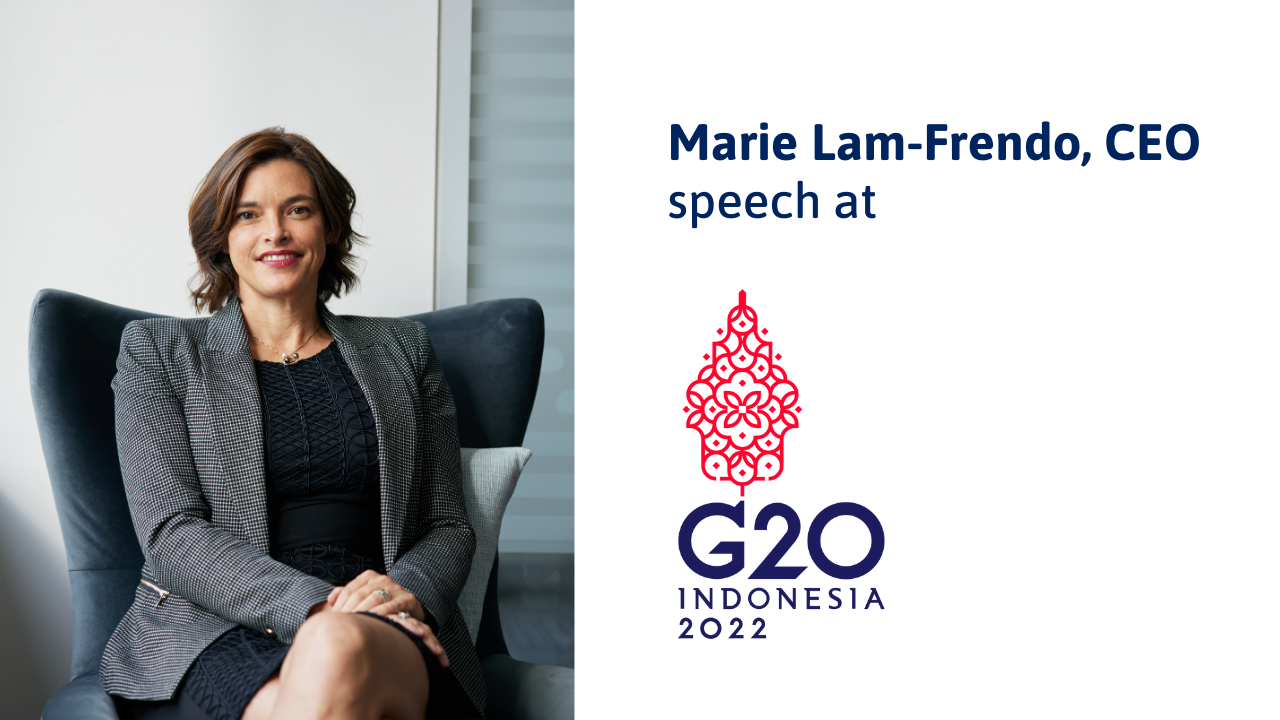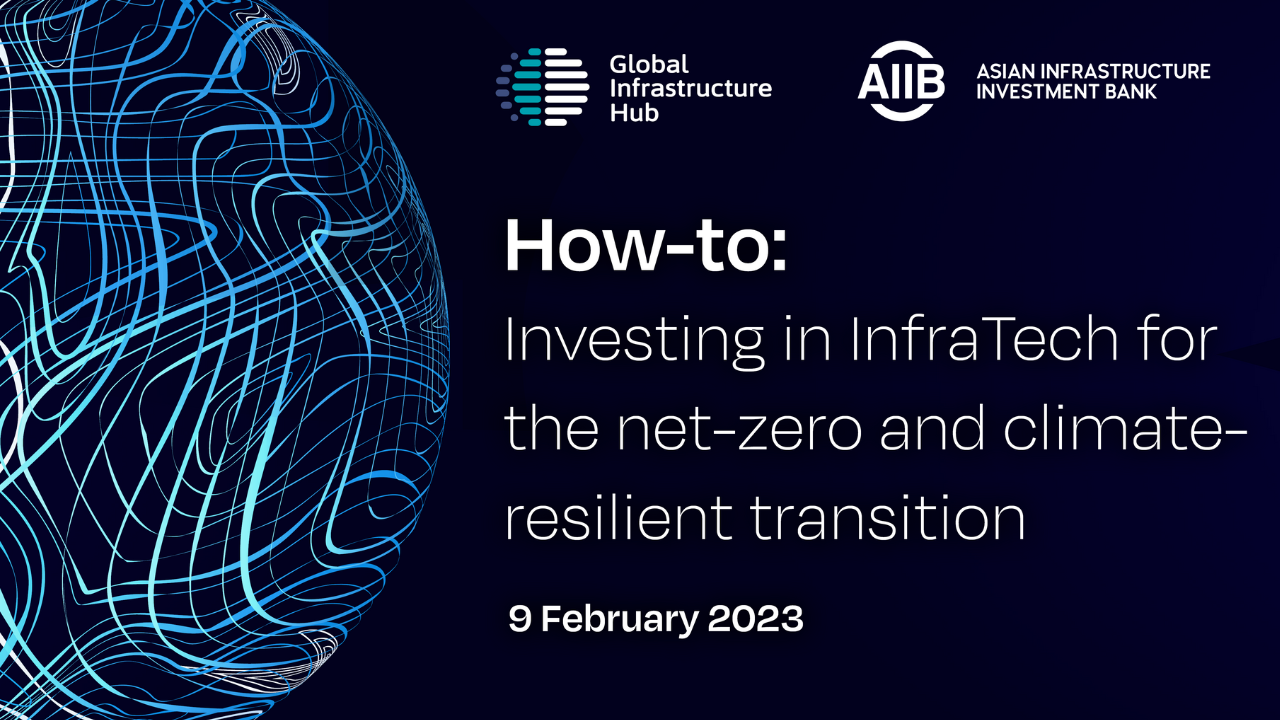1740 results found
Featured results



More results

This resource and its hundreds of case studies give project proponents a catalogue of proven mechanisms to fund and finance infrastructure.


This study examines all aspects of the digitalisation of infrastructure for a sustainable future

This report from the World Bank looks at the European Union's experience in furthering a circular economy, highlighting lessons that can benefit countries within and beyond Europe’s borders.



The Global Infrastructure Investor Association (GIIA) in partnership with PwC, published Unlocking Capital for Net Zero Infrastructure. Based on interviews with infrastructure investors, the report identifies an urgent and immediate need for additional investment in order for the UK to meet its ambitious net zero targets.

The Future of Regulation lays out a set of core principles that the Global Infrastructure Investor Association believes can effectively and fairly govern the UK’s regulated utility sector for decades to come, and forms a key part of the GIIA's engagement with HM Treasury on this important policy area.

The Global Infrastructure Investor Association, in partnership with Marsh & McLennan, examines the impacts that rapid technological advancement are having on infrastructure assets around the world and what these will mean for the sector in years to come.

This report discusses the specific risks to infrastructure investors under each of the key risk categories outlined by the Task Force on Climate-related Financial Disclosures, as well as crucial levers for achieving climate resilience at both the portfolio and asset level for the infrastructure sector.

Infrastructure Australia states that "A transformational change is needed in how we plan and deliver infrastructure in Australia. This change must focus on delivering better outcomes for the community and for business through a more productive, innovative and sustainable infrastructure sector." This roadmap presents reforms to change the way projects are procured and delivered, which will have long-term consequences for the services received by infrastructure service users and the community.

HM Treasury in the UK publishes its Green Book to provide guidance to UK public servants, including decisionmakers, about how to appraise policies, programs, and projects. It publishes this guidance for all public servants (not only analysts) and notes that "key specialisms involved in public policy creation and delivery, from policy at a strategic level to analysis, commercial strategy, procurement, finance, and implementation must work together from the outset to deliver best public value."

The Coalition for Climate Resilient Investment (CCRI) created the Physical Climate Risk Assessment Methodology in response to investor demand for comprehensive solutions to improve the integration of physical climate risks into investment appraisal practices.

The Investor Leadership Network created this playbook to help institutional investors better assess and incorporate inclusion into portfolios. It provides the business case for inclusion, fundamental and advanced inclusion metrics, and case studies of the metrics being used.

The Blue Dot Network aims to help mobilise private sector investment by identifying and encouraging market-driven, transparent, and sustainable infrastructure projects. It establishes a voluntary, private-sector focused, government-supported project-level certification that aligns with the G20 Principles for Quality Infrastructure Investment, the UN Sustainable Development Goals, the International Finance Corporation (IFC) Performance Standards, the Equator Principles, the OECD Guidelines for Multinational Enterprises, and the OECD Recommendation on the Governance of Infrastructure.

This report outlines an approach to country platforms to help channel technical assistance and public and private finance to emerging and developing countries in order to support the achievement of net zero targets.

Join the GI Hub and Asian Infrastructure Investment Bank for a webinar that will present the case for investing in infrastructure technology (InfraTech) to support the transition to net zero.
We need more investment in economically, environmentally, and socially sustainable infrastructure, but there is real danger that investment by both the public and private sectors may slip backward
After seven weeks of intensive training on infrastructure project finance and delivery, the third cohort of the Africa Infrastructure Fellowship Program graduated last month.
The current energy crisis underscores the urgency to scale up green infrastructure investment.







 Transformative Outcomes Through Infrastructure
Transformative Outcomes Through Infrastructure





